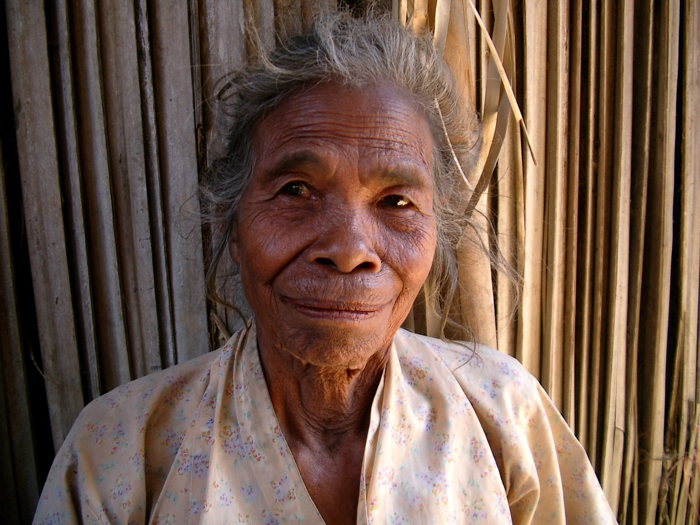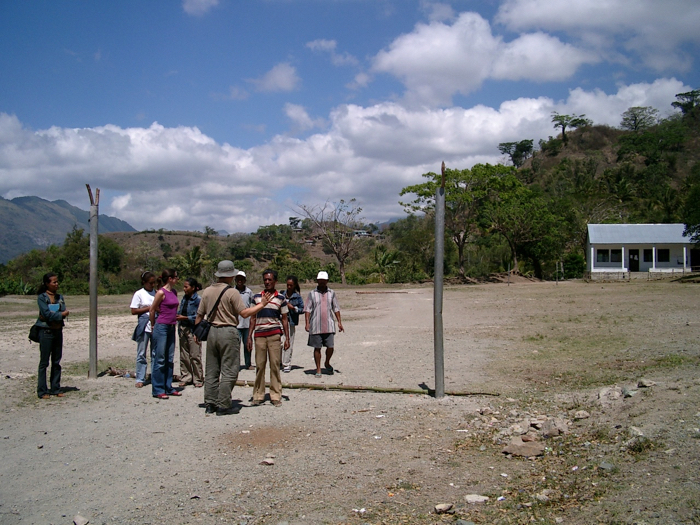- Project Leader : Matsuno Akihisa (Osaka School of International Public Policy, Osaka University)
- Collaborators : Mizuno Kosuke (Center for Southeast Asian Studies, Kyoto University)
- : Utsumi Aiko (Centre for Asia Pacific, Osaka University of Economics and Law)
- : Furusawa Kiyoko (School of Arts and Sciences, Tokyo Woman’s Christian University)
- : Suzuki Takashi (freelance researcher)
Outline of Research
This research project studies the memories of survivors in Indonesia and East Timor in past wars such as World War II and the Indonesia-East Timor conflict, and explores the significance and the important role their “subjective” perspectives played in seeking post-war reconciliation. By doing this, the project seeks for a way in which a new relationship for reconciliation can be established. The research also aims to strengthen the argument, based on memories of two different types of war experience, that it is generally important to face up to “memories” and to heal the wounds therein in post-war reconciliation.
Description
There presently exist numerious studies on the wartime periods both in Japan and Asia, including many on the Indonesia-East Timor conflict. To a certain extent, memories of those wars have been collected and published, but study is yet to deepen the analytical framework, approaches, and moreover their significance in postwar reconciliation. “Memories” have been placed outside the realm of positive studies which attach more importance to facts. Against this background, this projects explores the significance of and roles “memories” can play and aims to seek how they can be incorporated into policies of post-war reconciliation such as truth commissions in order to establish new relations in the post-war societies.
A research team will conduct additional field research to collect testimonies of survivors on both the victim and perpetrator’s sides. But the main purpose of the project does not lie in the gathering of testimonies itself. Rather, it is a research into theoretical aspects in dealing with the meanings of testimonies and their contributions to post-war reconciliation. By doing so, the research aims to link its academic pursuit with societal challenges, especially with the efforts of post-war reconciliation.
Studies on war damages and victimization in East Asia are numerous, but the situation is not the same for Southeast Asia. This research project intends to fill this gap. The research can reveal a theoretical significance of the comprehensiveness of a cognitive world of oral narratives with memories, sentiments, worldviews, and ethics. Finally the research can contribute to new directions on policies on the welfare of survivors.


